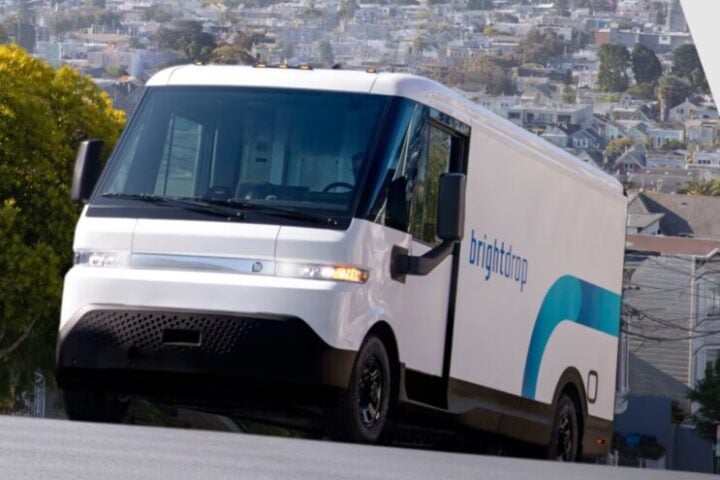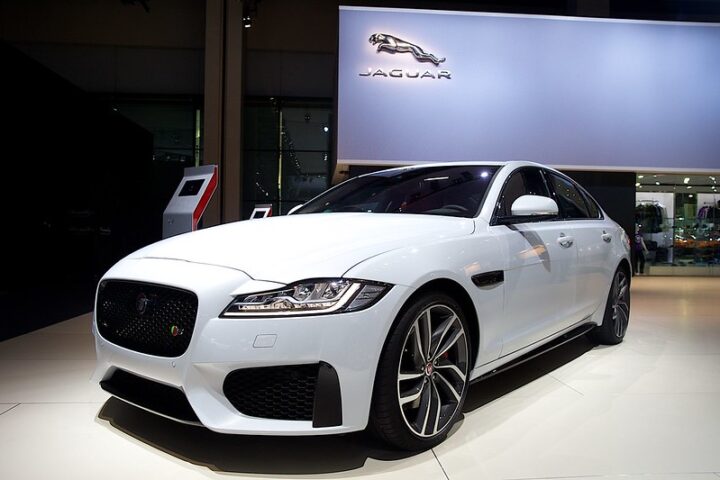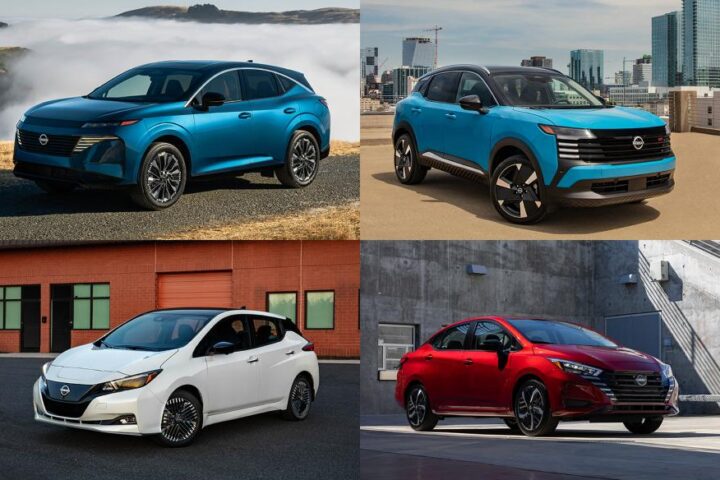It’s now a reality: owners of Xiaomi smartphones can now order the “matching” electric vehicle, at least in China. The well-known Chinese technology corporation Xiaomi has officially entered the fiercely competitive automotive market and officially unveiled its first self-developed electric car on Thursday.
In fact, by Thursday evening, Xiaomi’s Chairman Lei Jun’s 2-hour “live selling” session quickly showed impressive results. On social media platforms, it was reported that the Xiaomi SU7 received over 10,000 large orders within 4 minutes of going on sale, over 20,000 within 7 minutes, and over 50,000 within 27 minutes.
However, it’s important to note that Xiaomi’s understanding of “large orders” differs from the industry norm. For the Xiaomi SU7, a $700 (approximate) large order is refundable within 7 days, after which it automatically becomes a locked order, and the deposit becomes non-refundable. Typically in the industry, a “small order” can be refunded at any time, whereas a “large order” refers to a non-refundable order.
Moreover, the Xiaomi automotive app shows that all 5,000 units of the Xiaomi SU7 Founder’s Edition have been sold out, with a non-refundable deposit of $2,800 (approximate) per unit, meaning that Xiaomi Automobile has received $14 million in deposits just for the Founder’s Edition tonight.
Earlier in the evening, Xiaomi Automobile’s first product, the SU7, was officially launched, with the standard edition priced at roughly $30,226, the PRO long-range edition at roughly $34,426, and the MAX edition at roughly $41,986. Lei Jun stated at the launch event that Xiaomi Automobile aims to become one of the top five automakers in the world with 15 to 20 years of effort.
The sedan SU7 is intended to be the most beautiful, best to drive, and smartest car, said Xiaomi CEO Lei Jun on Thursday evening (local time) during the presentation. Since Monday, an app for the Xiaomi electric car has been available in Apple’s App Store in China, as reported by Reuters news agency. Plans for the German market have not been announced yet.
Xiaomi, known beyond China primarily for smartphones and other electronic devices, announced its entry into the electric car market three years ago and started developing its own vehicle.
In the smartphone business, the tech giant is already a colossus: recent figures from the company on March 19, 2024, show a sales success for the top model, “Mi14.” Xiaomi was able to more than triple its quarterly profit as a result. The surplus rose to approximately $677.16 million, as reported by the company. Revenue also exceeded market expectations at approximately $10.152 billion. At 10:15 PM (local time) on March 28, a Xiaomi Group (ADR) unit was quoted at 9.99 USD, an increase of 5.49%.
The electric sedan SU7, which is being produced in collaboration with the Chinese automaker BAIC, was presented in December 2023. The first model from the Chinese maker is a nearly five-meter-long sedan that visually recalls the German premium manufacturer Porsche with its elongated, coupe-like roofline. According to Chinese testing standards, it should have a range of up to 800 kilometers.
China is the most crucial market for electric vehicles worldwide and is highly competitive. The Chinese car manufacturer BYD and the American corporation Tesla are vying for market leadership. In recent years, numerous new Chinese electric car brands have emerged. Many of these companies offer substantial discounts on their vehicles to stay in business.
German car manufacturers, who have been successful in China for a long time primarily with combustion engines, are under pressure. Not only in their home market, but also the Chinese are taking market share with their electric vehicles. Some Chinese companies have already started expanding into Europe and other foreign markets.
Only at the end of February was it revealed that the iPhone giant Apple had ceased work on its electric car after several years of development: ten years after its inception, “Project Titan” was shelved. The approximately 2,000 employees of the always secretive project are now expected to focus their energy on the field of generative artificial intelligence, as reported by Bloomberg news agency.
Industry insiders estimate that Apple has sunk vast sums into the ten-year research project, with figures mentioned in the tens of billions.
















